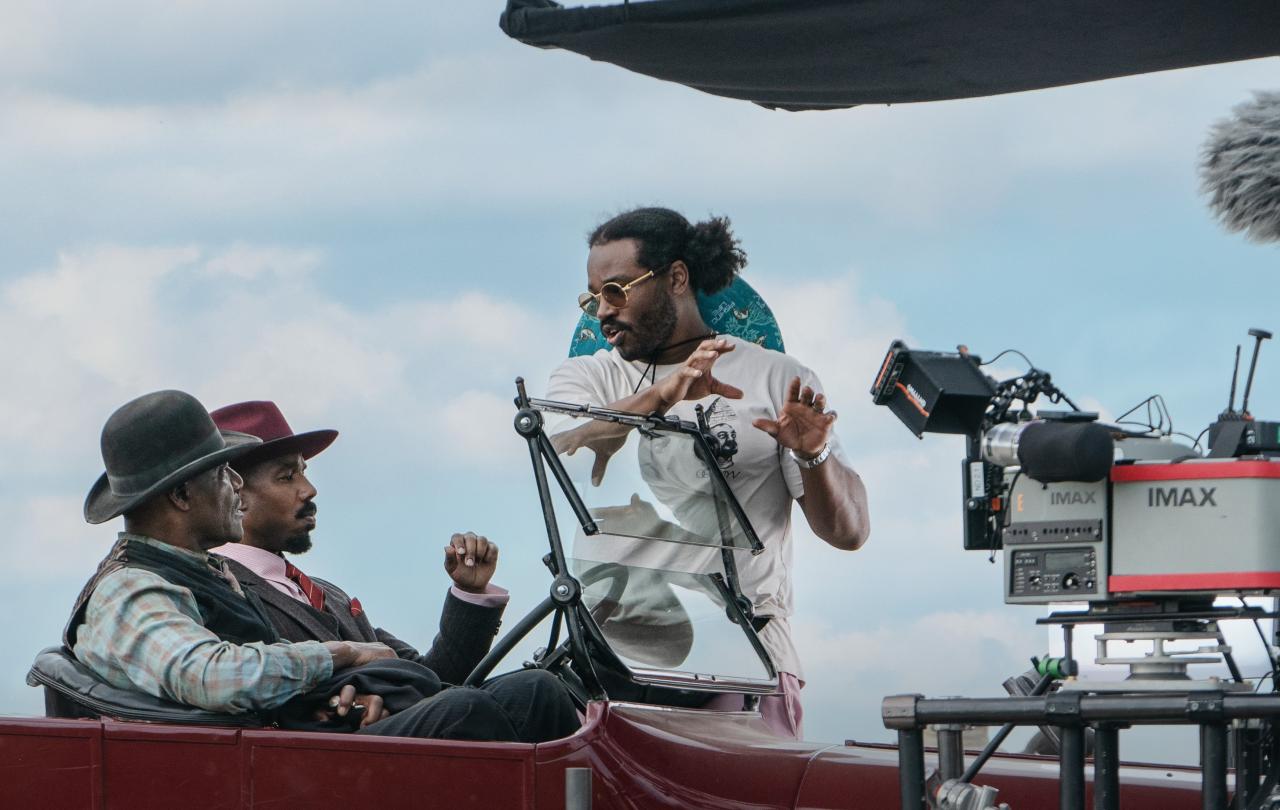
The new Disney film Mufasa: The Lion King provides a prequel to the beloved The Lion King. Aside from offering viewers nostalgia, catchy songs about brotherhood, and dynamic visuals, the film also offers an intriguing exploration of leadership that by the end of the movie leaves you asking: who is the real hero?
In the movie, the young lion Taka is born into power. He is the son of the leader of the pride and is repeatedly referred to as "the next in line for the throne." In contrast, Mufasa is a stray that the pride takes in after Taka saves him from being eaten by crocodiles. He does not have any "royal blood" or status within the pride, and his role is nothing more than to serve Taka.
In a pivotal scene of the movie, Mufasa and Taka’s mother are ambushed, and Mufasa fights to protect her while Taka sees the ambush and runs away to protect himself. Viewers watching have asked "why" the two responded the way they did. Was Taka simply inexperienced, or was his decision driven by fear and an instinct for self-preservation? Did Mufasa’s actions stem from natural bravery, or from a deeper sense of responsibility and selflessness?
The apparent innate difference between the two lions is captured in the first song they sing together. As they regard the birds in the trees, Taka sings, "When I’m King they will do as they’re told," and Mufasa replies, "You may look down on them, but they are free, and where they go cannot be controlled." Here we see the first seeds of Taka’s desire for power and control and Mufasa’s contrasting respect for the other animals around him.
However, the movie also highlights how the differences may not be innate but due to differences in how they are nurtured. After Taka runs away from the ambush, we see his father teach him that no one can ever know that he did so—he teaches him that being a leader means performing strength rather than embodying it and hiding weakness rather than growing through vulnerability. In contrast, Mufasa is raised by Taka’s mother, who is more nurturing and encouraging in response to weakness. In addition, Taka’s father shows favouritism towards Taka and resentment towards Mufasa, which he internalizes, causing him to develop an image of himself as inferior. It comes as a shock to both lions—and some viewers—when in the end, the pride-lands adopt Mufasa as their leader instead of Taka.
Mufasa reminds us that leadership is not about ruling over others but about inspiring those around us to rise.
Some might consider Taka to be the real "hero" because he was owed kingship by blood and saved Mufasa’s life multiple times during the movie. While this is true, Mufasa demonstrates the character of leadership by seeking to protect the lives of the collective throughout the movie.
Regardless of whether that difference arose from nature or nurture, that distinction highlights to me who the real hero is. Taka’s heroic acts throughout most of the movie seemed to be about protecting his own interests, whereas Mufasa’s seemed to be genuinely about the welfare of others. Of course, there are elements of Mufasa being motivated by self-interest too—especially towards the end of the movie—but his strength lies in his ability to connect his needs to the needs of the collective. In most of the situations where he "saved" others, he did so by fighting alongside them and encouraging them to fight for themselves. He recognized that success requires the collaborative effort of the group and the bringing together of everyone’s unique gifts.
Mufasa reminds us that leadership is not about ruling over others but about inspiring those around us to rise. And perhaps, this is also what makes a true hero—not just strength or status, but the willingness to uplift others, to act with courage even when afraid, and to put the needs of the many before oneself. It reminds us that the greatest heroes are not the ones who seek power, but the ones who earn it by serving those around them.
Join with us - Behind the Seen
Seen & Unseen is free for everyone and is made possible through the generosity of our amazing community of supporters.
If you’re enjoying Seen & Unseen, would you consider making a gift towards our work?
Alongside other benefits (book discounts etc.), you’ll receive an extra fortnightly email from me sharing what I’m reading and my reflections on the ideas that are shaping our times.
Graham Tomlin
Editor-in-Chief





